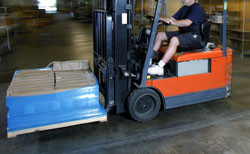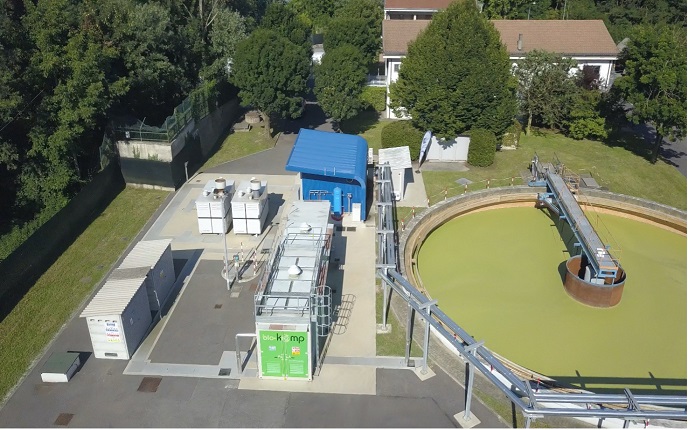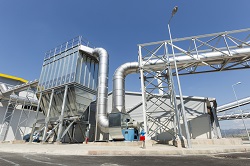Large-scale investigation of fuel cell-powered forklifts
Fuel cells utilising hydrogen are now at so-called third-generation level, allowing for large-scale demonstration in fuel cell hydrogen-powered materials handling vehicles. The EU-funded project HYLIFT-DEMO(opens in new window) (European demonstration of hydrogen powered fuel cell materials handling vehicles) took the first important step. Partners covered the entire value chain required for implementing a proven hydrogen-powered fuel cell solution in an original equipment manufacturer vehicle. Experience and insight gained together with market analyses will support future market deployment. Researchers conducted a rigorous 2-year campaign involving 11 vehicles tested in total for at least 1 year each. Each end user exploited a fleet of up to four vehicles and had a hydrogen refuelling infrastructure on site. The sites were placed as close to each other as possible to minimise maintenance and hydrogen distribution costs. Hydrogen was either locally sourced or obtained through commercial contracting with local gas suppliers. The refuelling infrastructure was owned and operated by partners, end users, or other local partners or projects. Activities confirmed the benefits of replacing conventional fuel systems with fuel cell systems in 2.5 to 3.5-tonne diesel/LPG forklifts, but showed that power and capacity are still not adequate to accommodate airport tow tractors. The hydrogen refuelling sites were available close to 100 % of the time and the team met its target of refuelling time less than 5 minutes. In addition to techno-economic results, HYLIFT-DEMO shed important light on barriers impeding more widespread deployment of fuel cell technologies for materials handling vehicles. The project targeted a larger vehicle fleet to collect much more data from which to draw conclusions. However, despite initial interest by a large number of end users, the final fleet size was significantly reduced due to lack of follow-through. Further, although sufficient regulations, codes and standards exist to obtain fuel cell certification, the procedures must be simplified on both the European and global level to encourage commercialisation. Results will help focus fourth-generation research and development to facilitate high-volume certification and thus rapid commercialisation of forklifts sporting hydrogen-powered fuel cell power trains. Aside from reducing emissions, the technology will have a silencing effect on factory noise.







